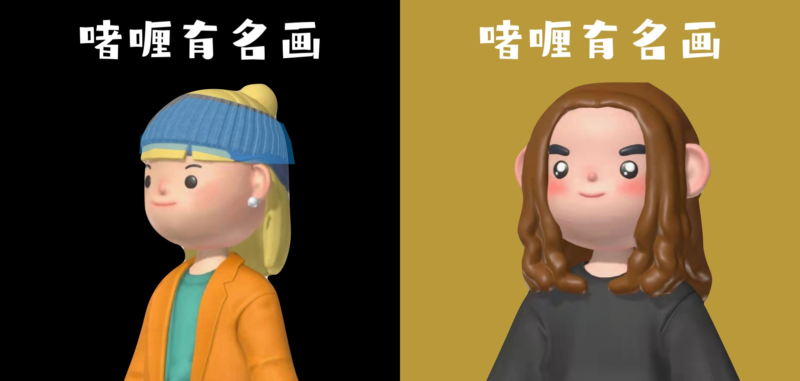Weeks of the probe into the case of a chained woman in Feng County in East China’s Jiangsu province has failed to ease public outrage. Instead, scepticism grows amid discrepancies in the official narratives following four investigations by local authorities.
The plight of the mentally ill woman surnamed Yang, who is also a mother of eight children has chilled many Chinese netizens since the initial exposure in late January.
A video clip of Yang being chained around her neck to a wall in a hut, shivering in freezing temperatures has been widely circulated online after a vlogger posted it on China’s viral short video app Douyin, drawing in accumulated views of more than 1.9 billion. The video soon sparked public outcry and fierce debate around the protection of women’s rights.
The fact that the woman had managed to give birth to eight children has been questioned by internet users, given the strict national one-child policy at the time of her childbearing age. China’s one-child policy was a population planning initiative where families were restricted to having a single child. The decade-old policy was eventually scrapped in 2016 when the government introduced a universal two-child policy.
The sufferings of this woman have, therefore, brought the ubiquity of human trafficking in China to the spotlight. Despite the initial statement by the county’s government saying they had found no evidence of trafficking, Yang has been confirmed to be a victim of abduction following a further investigation by superior authorities of Xuzhou city. This revealed Yang’s identity as a woman from a village in Yunnan province in southwestern China (3,000 kilometres away from her current home). This came after a DNA test was administered and the results matched her with her sister in Yunnan.
Known by her childhood nickname Xiaohuamei (or little plum flower), Yang is reported to have gone missing in the 1990s, when she was sent to Jiangsu to treat her mental illness under the company of a fellow villager, surnamed Sang. It was claimed that Yang was later “sheltered” by her current husband, surnamed Dong and was chained up due to her “violent behaviours towards children and the elderly”. Dong was arrested on suspicion of unlawful detention, while Sang and her husband (surnamed Shi) were also arrested on suspicion of human trafficking, according to Xuzhou authorities on 10 February.
But the public appeal does not stop there, as another woman was found having a similar experience in the same city of Xuzhou, and was exposed by an internet user on Weibo on 16 February. The provincial government of Jiangsu has since stepped in on 17 February. As the case unfolds, public discussion continues to evolve with many, especially women, expressing concerns or even fear of having a child, which could potentially worsen China’s already declining birth rate.
Legal experts have urged tougher legislation and punishment in dealing with human trafficking and to provide better protection for women in China. Many netizens have also called out the local Women’s Association and the Federation of Disabled Persons for their ignorant attitudes in the case of Yang and insist they should be held accountable for these women’s sufferings.
The hashtag #The Mother of Eight in Xuzhou# has so far drawn over 760 million views on Weibo as of 18 February with several others trending on China’s biggest microblogging site, but there are currently more questions than answers. At the time of writing, those hashtags appear to have been blocked on Weibo, with a notice saying, “the page is not found according to the relevant laws, regulations and policies.”









